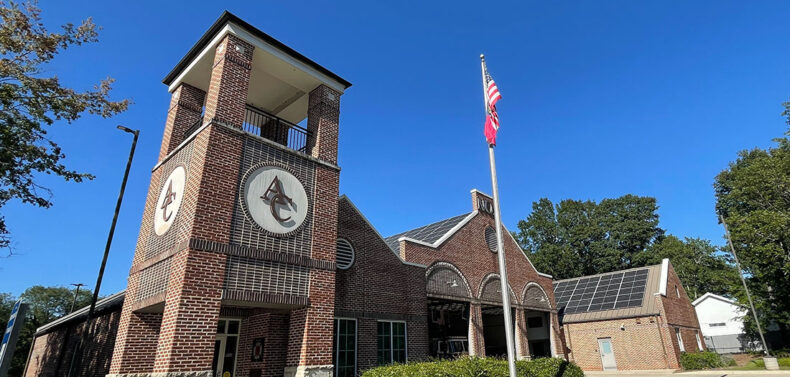Georgia’s Public Service Commission has authorized numerous utility rate hikes over the past five years, causing electricity prices to balloon by 40% across the state. Even worse, Georgia Power expects the state to use 45% more electricity in 2035 than it does today, mostly due to the expansion of power-hungry data centers. While incumbent PSC members have pledged not to raise rates for the next three years, that promise doesn’t include fuel cost recovery or disaster fees, so bills could continue to rise.
Relying on dirty forms of energy to meet the growing need for energy will have the effect of increasing the chance of severe weather events as time goes on, in addition to the impact it will have on household budgets. Georgia grants data centers reduced rates on their electricity bills, so ordinary households will bear the burden.
At the same time, elected officials across the country have been slow to address the twin problems of climate change and increasing energy costs, and in many cases, they’ve been downright hostile to adopting any solution.
But fortunately, here in Athens, there’s an upside to increasing energy costs. The mayor and commission established a “community energy fund” back in March 2020 that helps create a path out of relying on fossil fuels. This fund works by capturing increases in the franchise fee that utility companies pay to use public land for power, phone, internet and cable TV lines, and reallocates these dollars to clean energy projects that will help reduce local residents’ bills. When power bills go up, so does the franchise fee, and this money can be used to limit future increases.
The community energy fund has already helped provide funding for solar panels with battery backup at a new Advantage Behavioral Health Systems facility. It also has provided matching funds for a $5 million federal grant that will install 58 chargers for electric vehicles in locations around Athens, although that money is currently being held up by the Trump administration.
The most recent use of the community energy fund happened Sept. 2, when the commission unanimously agreed to spend $600,000 from the fund to create additional “resilience hubs” in Athens and another $150,000 on clean energy educational programming.
With extreme weather events becoming more and more common, public safety officials believe it’s all the more important to start planning for some dire scenarios. What happens if a powerful storm knocks out the power that our emergency responders need to do their jobs? Sometimes even a backup generator can fail if the pumps that provide the fuel stop working.
The ACC Fire Department already has solar panels plus battery storage installed at fire stations No. 2 (Cleveland Road) and No. 4 (Oglethorpe Avenue), with fossil fuel-powered generators also available if needed. The fire department could use the $600,000 from the community energy fund to install solar panels at more fire stations. The ACC Leisure Services Department is also currently evaluating what its role could be in creating new resilience hub sites that can keep the lights on in the case of an emergency.
The ACC Sustainability Department considers education to be a foundational part of the county’s transition to 100% clean and renewable energy, with an official goal of 2035 for the county government and 2050 for the community as a whole. To that end, the department will use $150,000 to create educational resources and host training events to help residents and local businesses learn to reduce their energy usage and lower their power bills.
The commission also authorized the first steps to create a green incentive program for local businesses that could involve spending $500,000 from the community energy fund over the next year. It also approved a tentative first step towards a partnership with the Athens Housing Authority to provide solar installations that would lower the bills of public housing residents.
Like what you just read? Support Flagpole by making a donation today. Every dollar you give helps fund our ongoing mission to provide Athens with quality, independent journalism.










